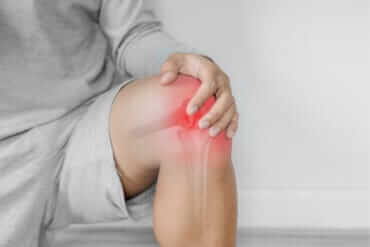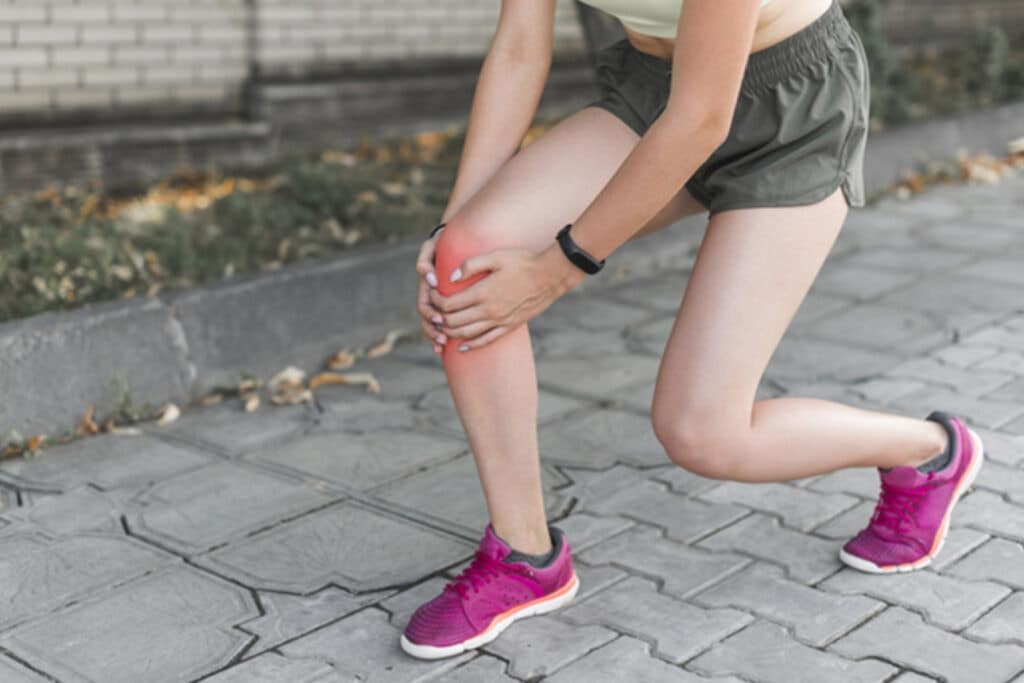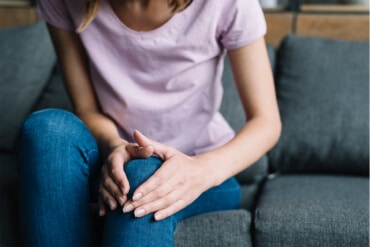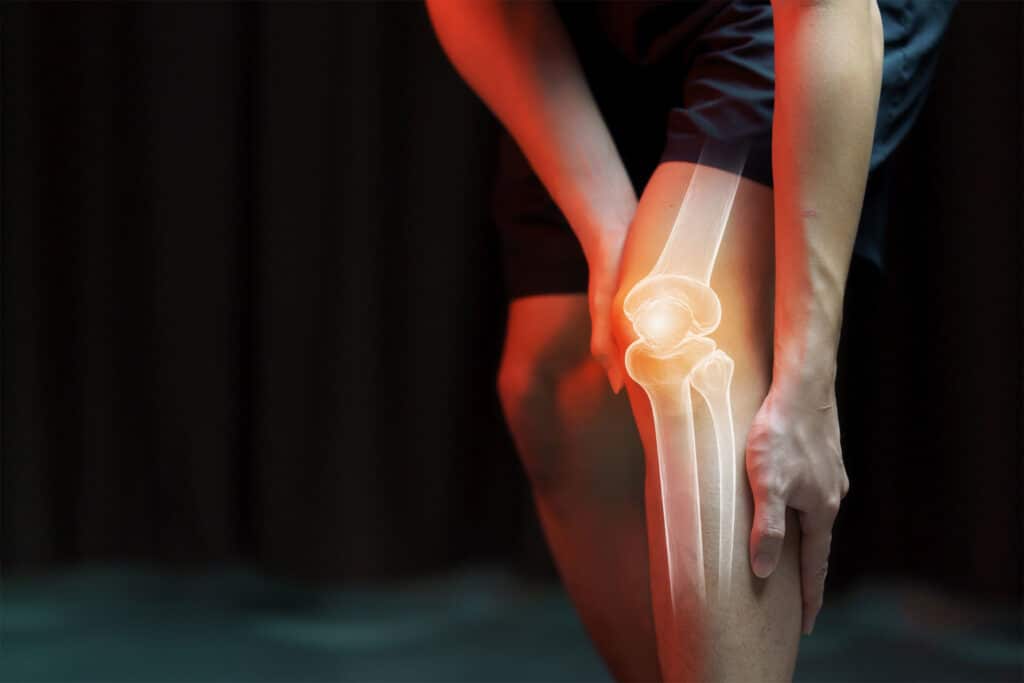Knee Pain
Knee Pain Symptoms
Overview
Knee pain is a common complaint affecting people of all ages. This may be a result of an injury or due to medical conditions such as arthritis, gout and even infection. The knee joint is made up of bones, ligaments, tendons, cartilage, and bursae. Injury or inflammation to one of these structures can lead to bone and joint issues in the knee pain. Knee pain can lead to joint damage and disability if left untreated.
Symptoms of knee pain:
- Swelling and stiffness
- Redness and warmth to the touch
- Weakness or instability
- Popping or crunching noises
- Inability to fully straighten the knee
- An obvious deformity in your leg or knee
- Fever, in addition to redness, pain and swelling in the knee

Causes of knee pain
Knee pain often develops without a cause that shows up in a test or imaging study. Conditions commonly linked to knee pain include:
1. ACL injury- An ACL injury is a tear of the anterior cruciate ligament (ACL) — one of four ligaments that connect your shinbone to your thighbone. An ACL injury is particularly common in people who play sports.
2. Fractures- The bones of the knee, including the kneecap (patella), can be broken during falls or accidents. Also, people whose bones have been weakened by osteoporosis can sometimes sustain a knee fracture.
3. Knee bursitis- Some knee injuries cause inflammation in the bursae, the small sacs of fluid that cushion the outside of knee joint so that tendons and ligaments glide smoothly over the joint.
4. Patellar tendinitis- Tendinitis causes irritation and inflammation of one or more tendons.
5. Loose body- Sometimes injury or degeneration of bone or cartilage can cause a piece of bone or cartilage to break off and float in the joint space.
Knee Pain Treatment Options
A physical exam by an IBAP back pain doctor is often the first step to determining the source of pain. Following our knee pain doctor’s assessment, imaging tests, including X-rays, CT scans and MRIs, may be necessary to help doctors pinpoint the cause of the knee pain and determine the best knee pain treatment plan.
Advanced, minimally invasive treatment options for knee pain have improved outcomes and can help you return to the activities you enjoy. The treatment options from the Indo British advanced Pain clinic that can help reduce knee pain include:
- Steroid Injections
- Nerve Blocks
- Rest and physiotherapy, along with medication, can help reduce back pain.



Some quick information
Our goal is to help the patient regain their quality of life
We relieve your pain, helping you be yourself again!

